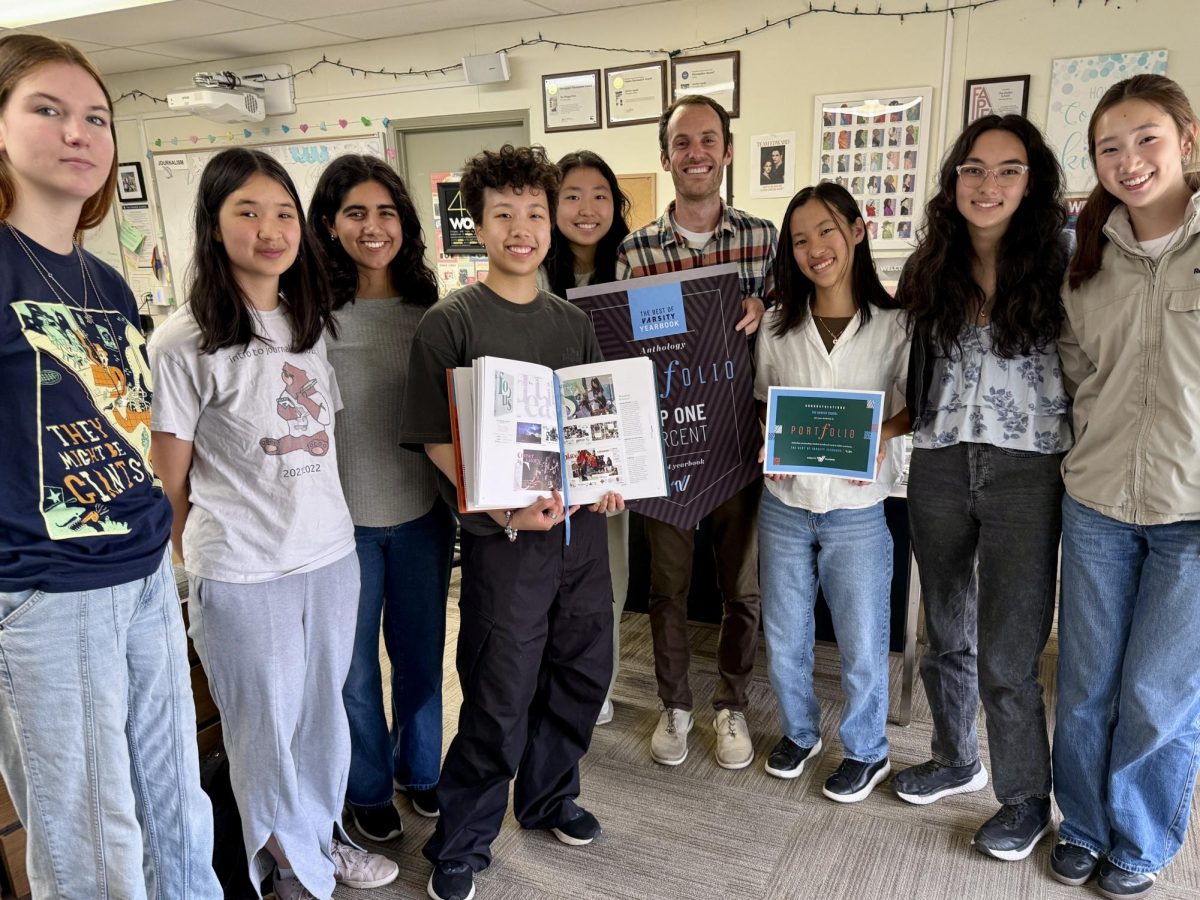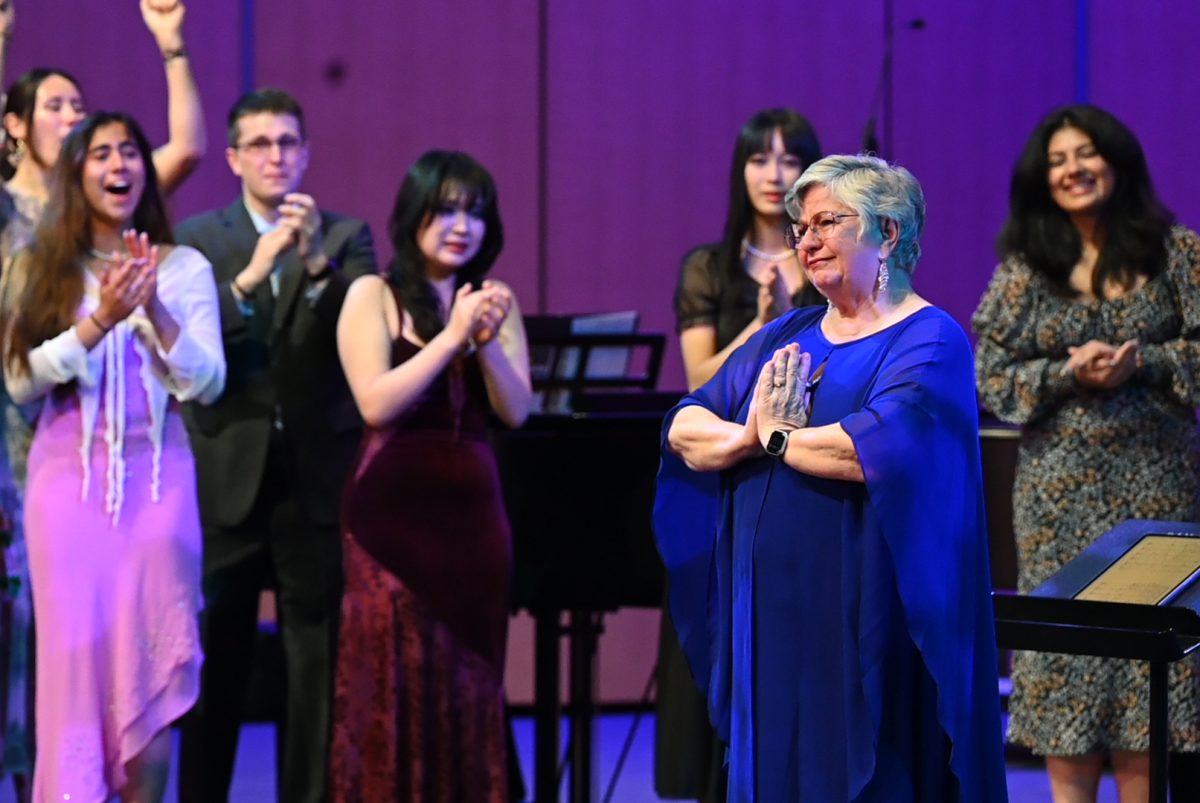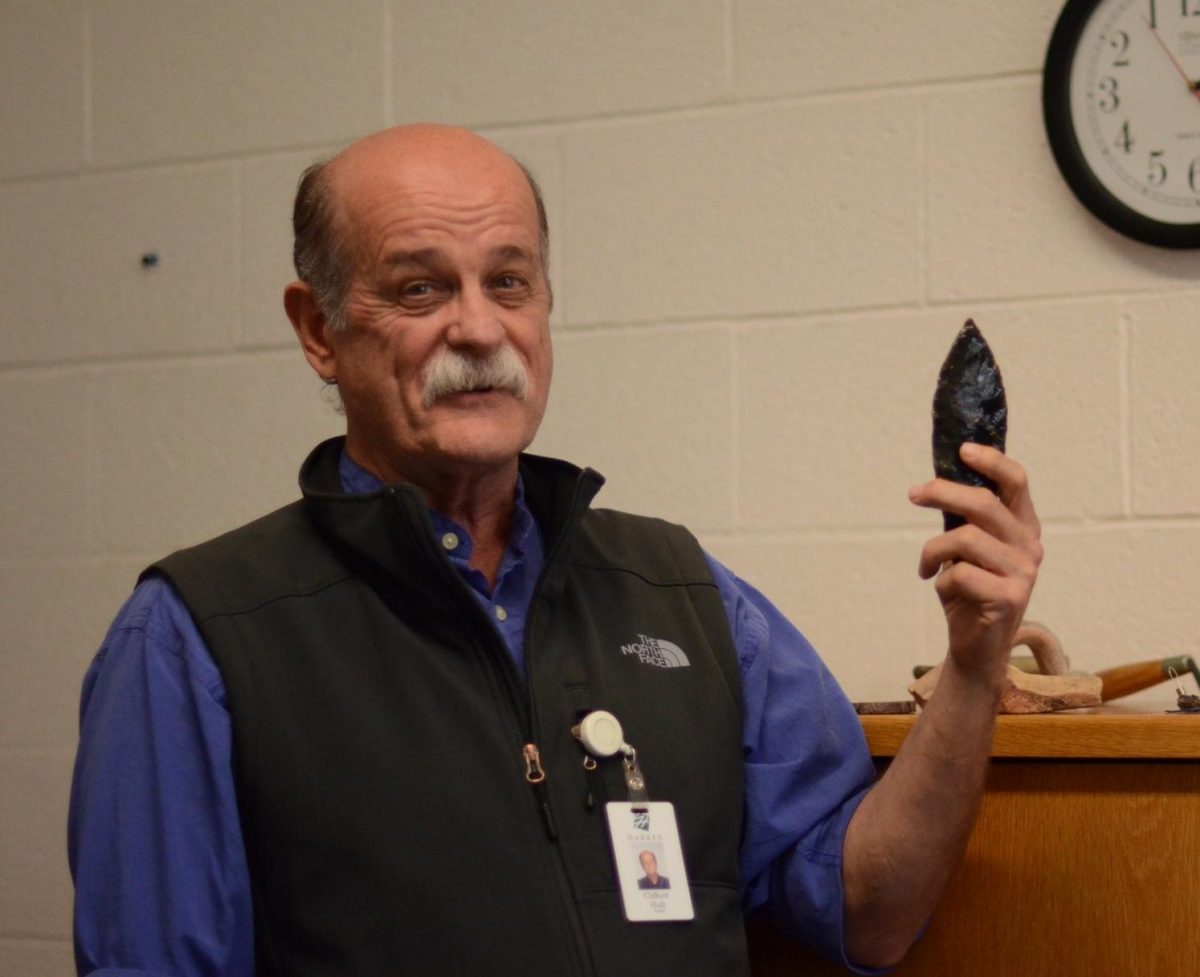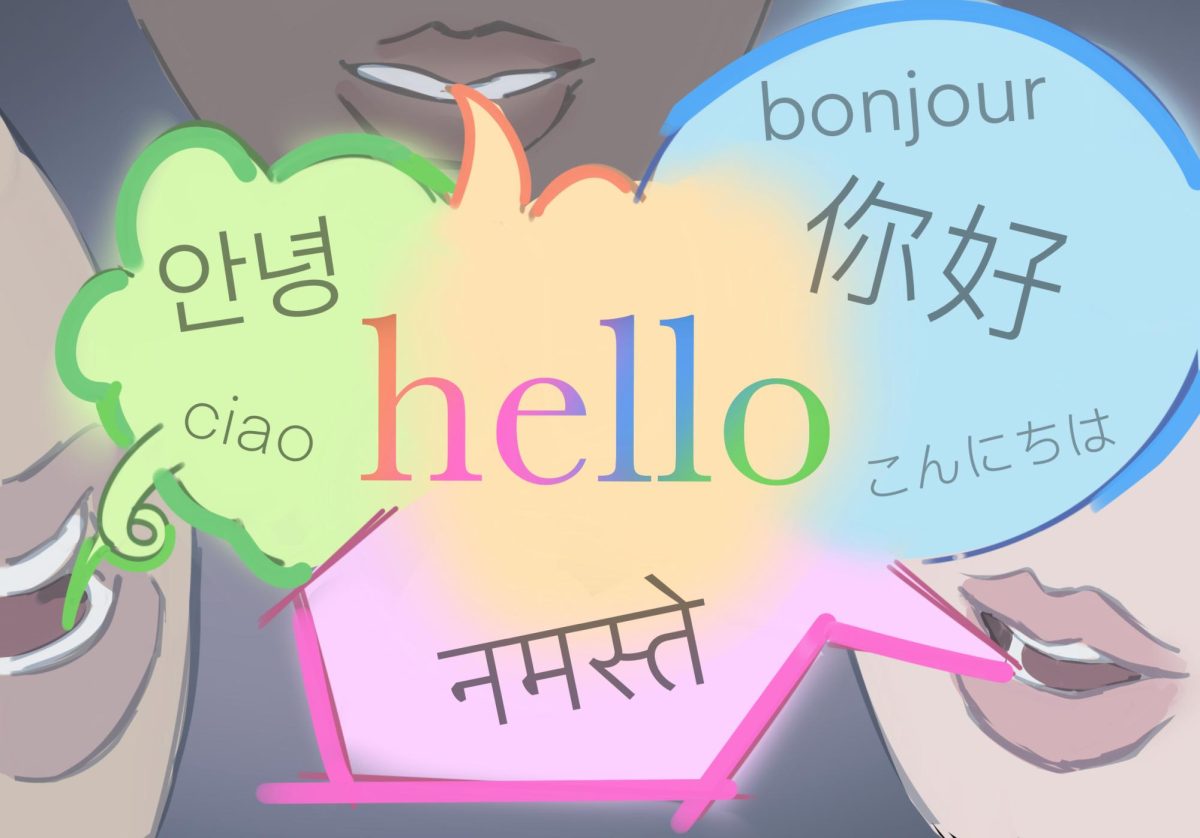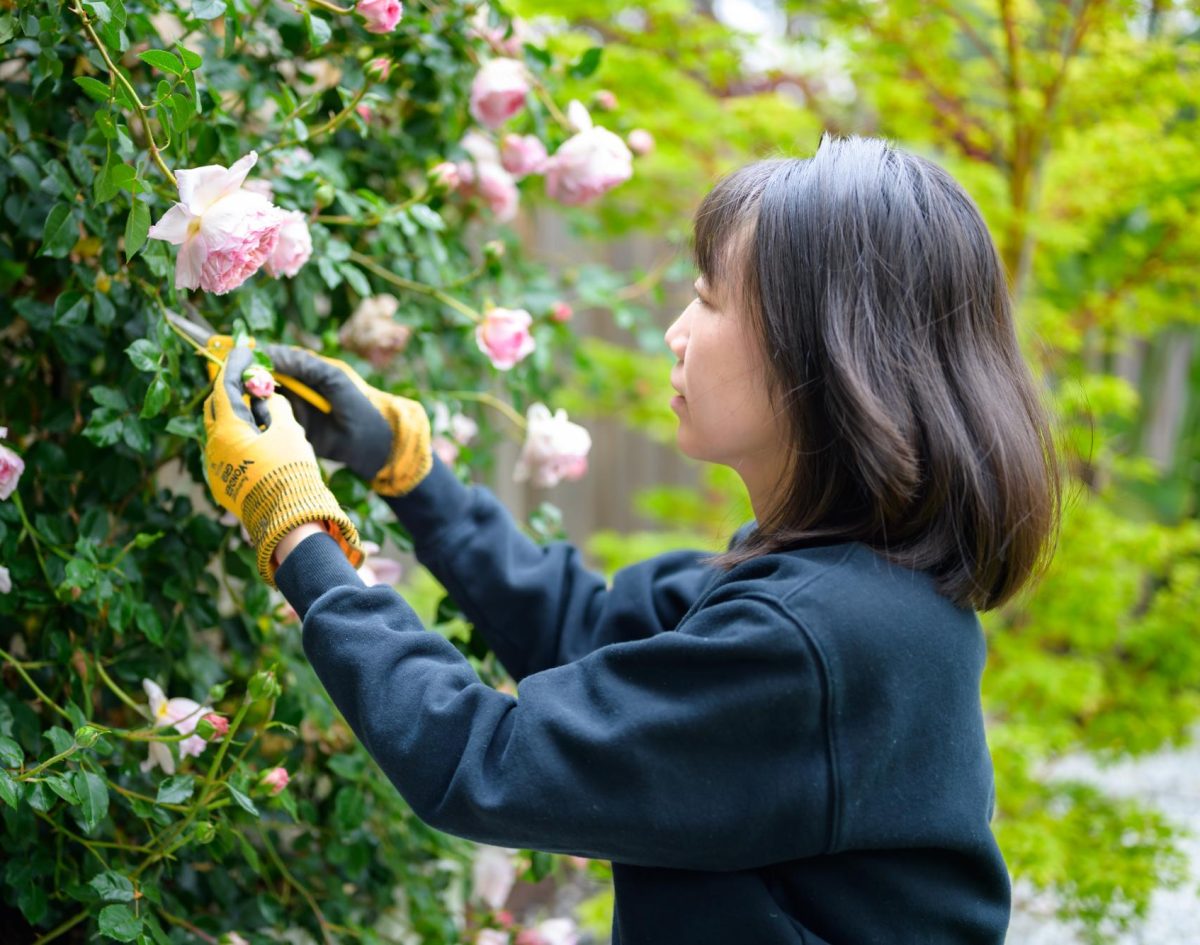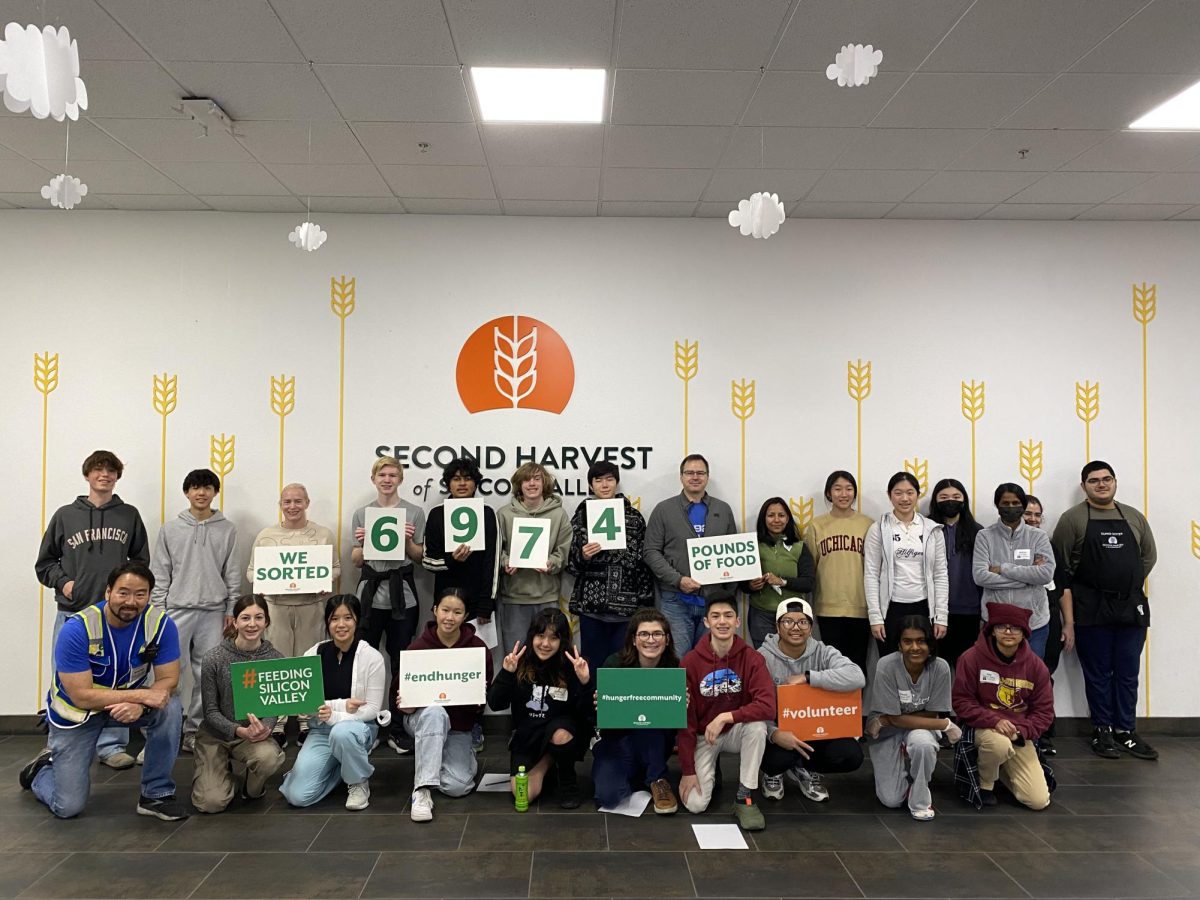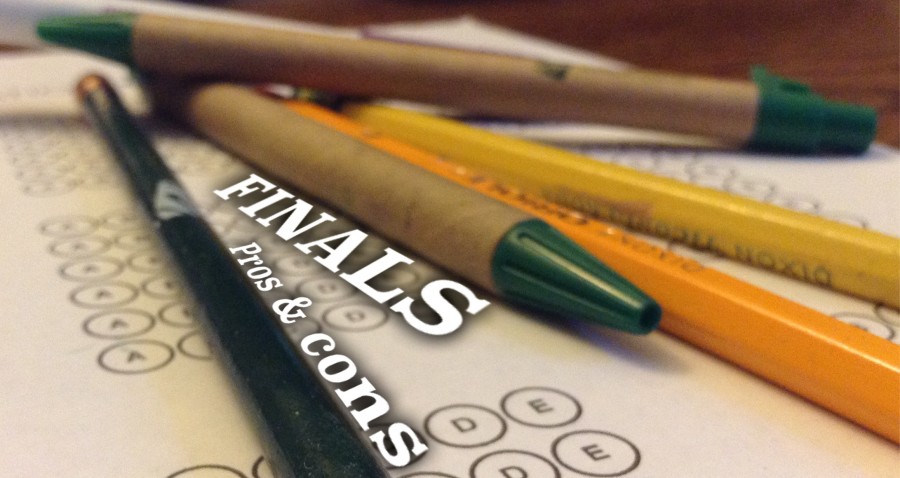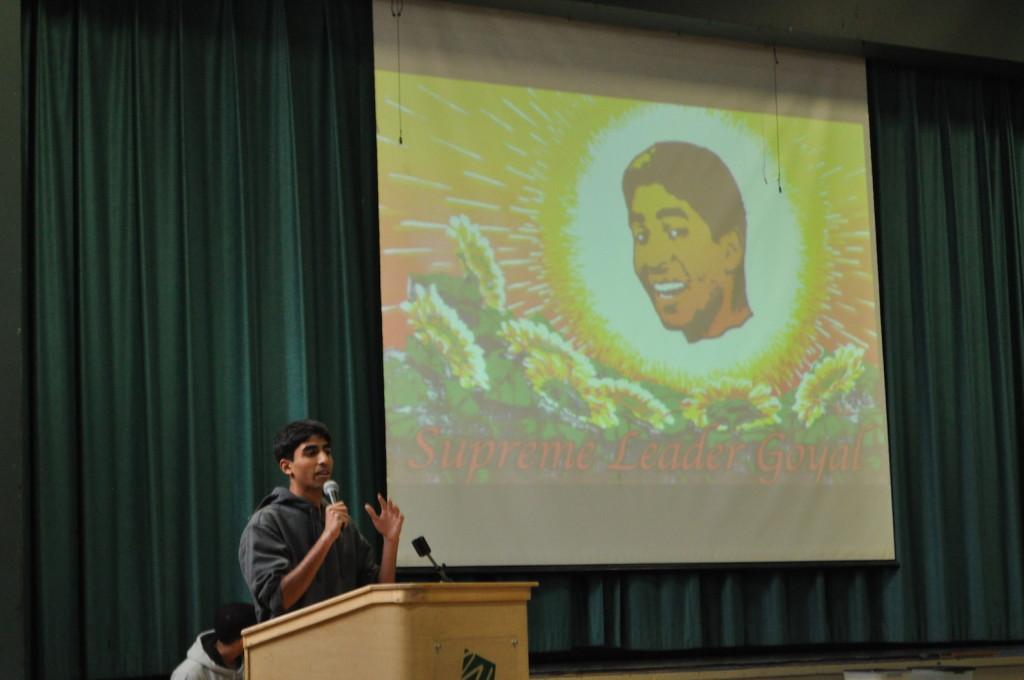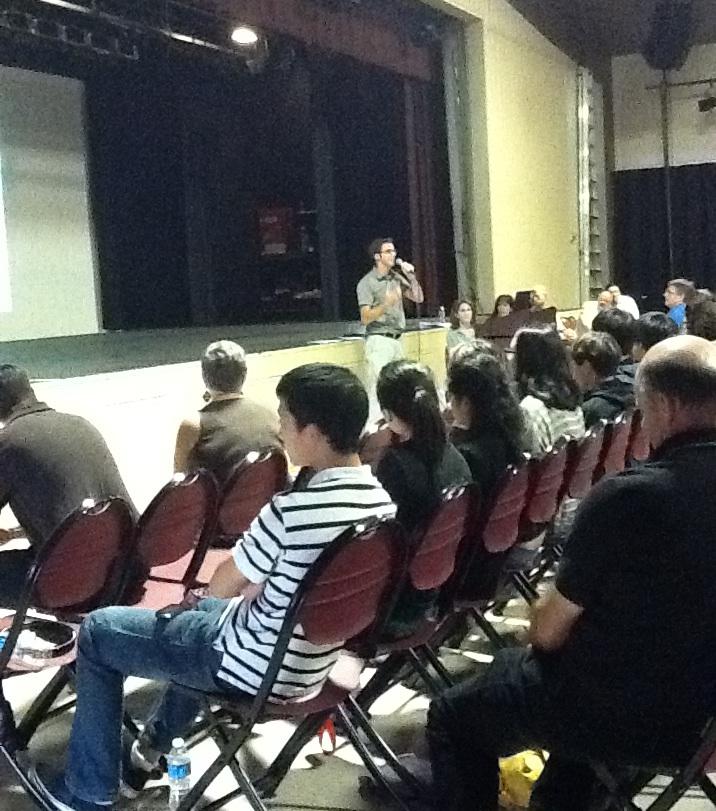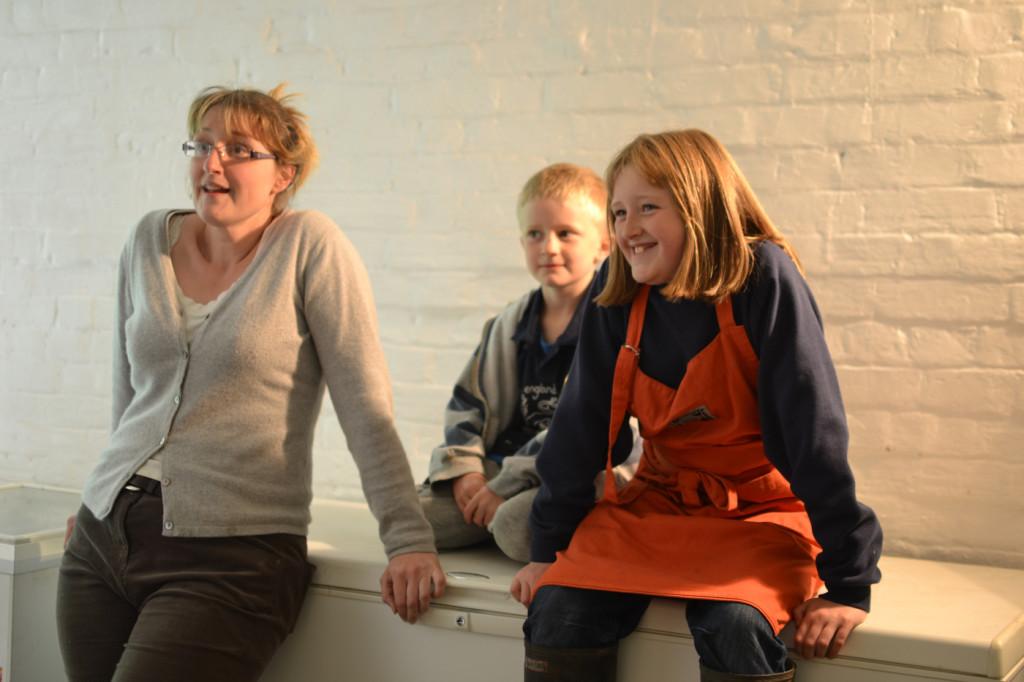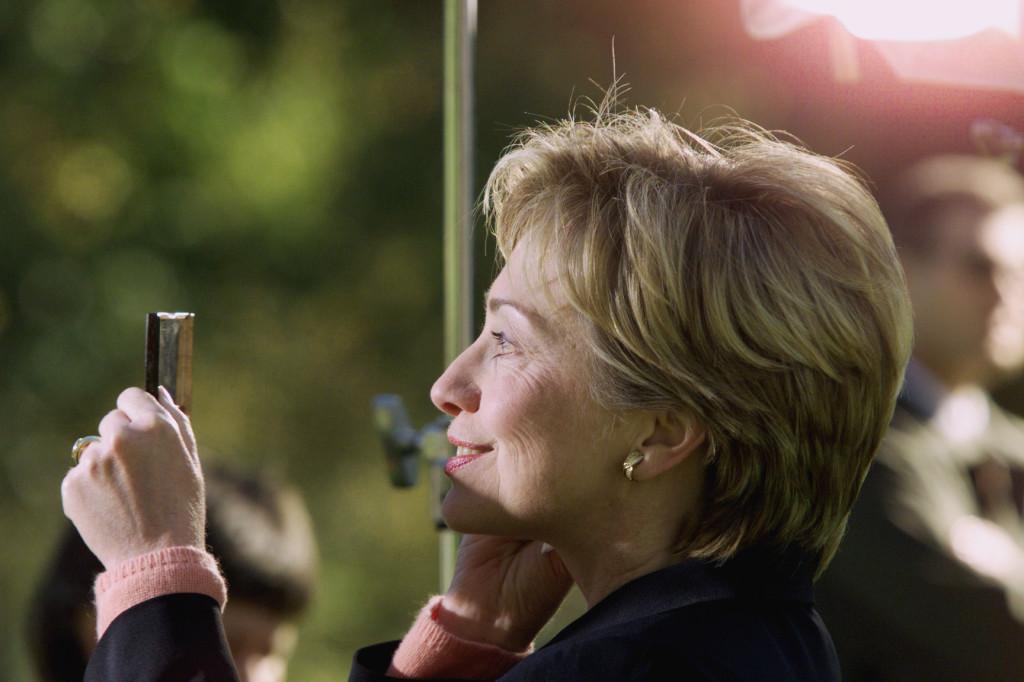One click to change a life across the globe: sounds like a standard blind donation that never actually reaches its intended recipient. Saloni Gupta (11), however, has found a way to make that click count. Going beyond your average high school dose of global empowerment, she uses an alternative to donating known as microlending.
Since June 2009, Saloni has used an online microcrediting company called Kiva to give small loans to women across the world. These loans allow families to cross the poverty line forever by “helping them achieve economic self-sufficiency and financial stability” through their own businesses, Saloni said.
Earlier this year, Saloni attended a Kiva Social in San Francisco, where she met and spoke with Matt Flannery, Kiva CEO and Co-Founder, and Premal Shah, President of Kiva. Her visit sparked Kiva’s interest, and they later wrote a post about her in their blog and newsletter. Flannery will also be visiting the school on May 7 as part of the Speaker Series.
“[Saloni] is an inspiration for us all, and we can learn a great deal from her commitment to a cause like Kiva at such a young age,” Kiva’s Director of Community Marketing Chelsa Bocci said. “Kiva is founded on the belief that everyone is able to do good if given the opportunity … we love to see that same energy translated to the classroom, and Saloni is helping to do that as a young entrepreneur,” said Bocci, who wrote a March post about Saloni on the Kiva blog.
Saloni is also an active member of Global Empowerment and Outreach (GEO) club, and will be its president next year. She first heard of Kiva almost two years ago through the club and “was immediately drawn” to it. “I realized how much a small loan, even just $25 of my own investment … can help somebody else strive to their entrepreneurial drive,” she said.
So far, Saloni has given out 67 microloans – loans given to entrepreneurs too poor to qualify for traditional bank loans – which have benefited women in a total of 24 countries, from Peru and Mali to Tajikistan and Ukraine.
“To know that my original money was completely repaid and that I could start a new cycle of giving and receiving really blew my mind,” Saloni said.
As stated in a post on her blog, Miss Economist, “a loan is not only money, but also an opportunity.” Saloni targets women in third world countries specifically because “women are the anchors of not only their households, but of their societies,” she said. “I’m not just handing them a donation; I want to actually help them throughout life, not just for one day.”
Saloni’s loans go toward things as simple as repairing a taxi, starting a stand at the local market, or opening a small retail store. Kiva works with reliable microfinancing institutions (MFIs) centrally based in these poorer nations to distribute the electronic loans and handle repayments.
The money that fuels Saloni’s microloans comes not only from her own pocket, but also from a personal business that she started herself. What began as an artistic pastime evolved into Cherish, a company she founded in 2008 which sells her own handmade and personalized fabric memory boards. Saloni gives all her profits to Kiva.
This summer, Saloni will be interning with the Kiva Lending Team in their Kiva High School network. There, she will help expand and promote the Kiva High School program, which teaches students the impact of microlending and enables them to make a difference from their high schools.
In general, Saloni finds Kiva fulfilling because it allows her to use the principle of philanthropy to “change someone’s life with just the click of a button,” she said. “They’re lifting themselves out of poverty on their own terms. I don’t see how anyone wouldn’t want to be a part of that every single day.”


















![“[Building nerf blasters] became this outlet of creativity for me that hasn't been matched by anything else. The process [of] making a build complete to your desire is such a painstakingly difficult process, but I've had to learn from [the skills needed from] soldering to proper painting. There's so many different options for everything, if you think about it, it exists. The best part is [that] if it doesn't exist, you can build it yourself," Ishaan Parate said.](https://harkeraquila.com/wp-content/uploads/2022/08/DSC_8149-900x604.jpg)




![“When I came into high school, I was ready to be a follower. But DECA was a game changer for me. It helped me overcome my fear of public speaking, and it's played such a major role in who I've become today. To be able to successfully lead a chapter of 150 students, an officer team and be one of the upperclassmen I once really admired is something I'm [really] proud of,” Anvitha Tummala ('21) said.](https://harkeraquila.com/wp-content/uploads/2021/07/Screen-Shot-2021-07-25-at-9.50.05-AM-900x594.png)







![“I think getting up in the morning and having a sense of purpose [is exciting]. I think without a certain amount of drive, life is kind of obsolete and mundane, and I think having that every single day is what makes each day unique and kind of makes life exciting,” Neymika Jain (12) said.](https://harkeraquila.com/wp-content/uploads/2017/06/Screen-Shot-2017-06-03-at-4.54.16-PM.png)








![“My slogan is ‘slow feet, don’t eat, and I’m hungry.’ You need to run fast to get where you are–you aren't going to get those championships if you aren't fast,” Angel Cervantes (12) said. “I want to do well in school on my tests and in track and win championships for my team. I live by that, [and] I can do that anywhere: in the classroom or on the field.”](https://harkeraquila.com/wp-content/uploads/2018/06/DSC5146-900x601.jpg)
![“[Volleyball has] taught me how to fall correctly, and another thing it taught is that you don’t have to be the best at something to be good at it. If you just hit the ball in a smart way, then it still scores points and you’re good at it. You could be a background player and still make a much bigger impact on the team than you would think,” Anya Gert (’20) said.](https://harkeraquila.com/wp-content/uploads/2020/06/AnnaGert_JinTuan_HoHPhotoEdited-600x900.jpeg)

![“I'm not nearly there yet, but [my confidence has] definitely been getting better since I was pretty shy and timid coming into Harker my freshman year. I know that there's a lot of people that are really confident in what they do, and I really admire them. Everyone's so driven and that has really pushed me to kind of try to find my own place in high school and be more confident,” Alyssa Huang (’20) said.](https://harkeraquila.com/wp-content/uploads/2020/06/AlyssaHuang_EmilyChen_HoHPhoto-900x749.jpeg)



